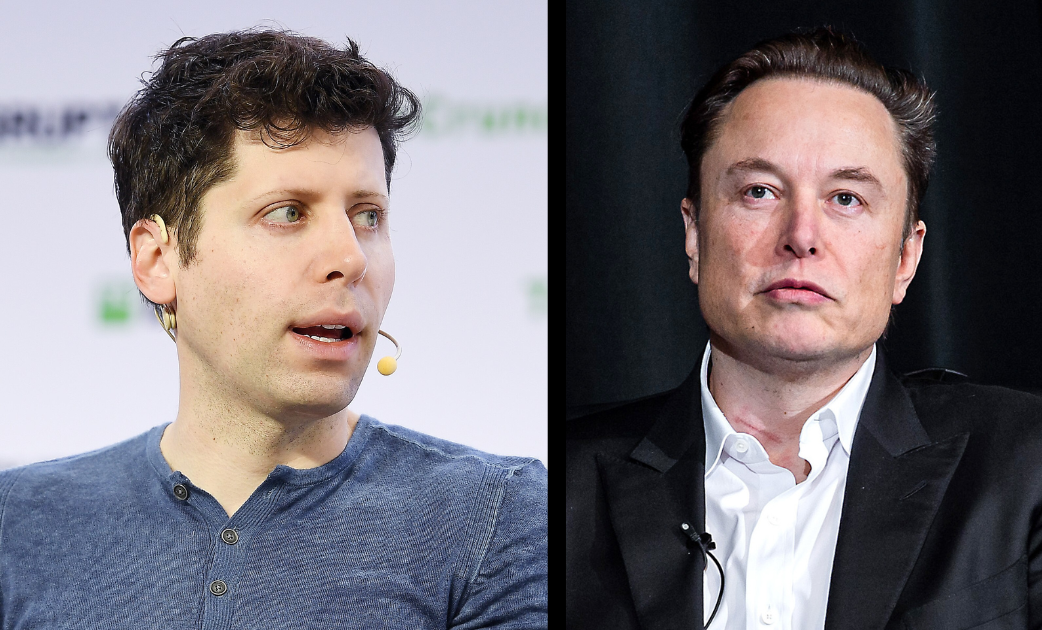Elon Musk-Led Group Proposes $97.4 Billion Bid for OpenAI Control

A consortium led by Elon Musk has proposed a $97.4 billion bid to acquire control of OpenAI, according to a report by the Wall Street Journal. This offer comes months after Musk initiated legal action against the AI startup to prevent its transition from a nonprofit to a for-profit entity.
The bid, submitted by Musk's attorney Marc Toberoff, aims to address ongoing tensions between Musk and OpenAI CEO Sam Altman regarding the company's future direction. Musk has expressed concerns over OpenAI's $500 billion Stargate project, questioning the financial backing of its investors.
Musk's group, which includes his AI company xAI, plans to merge with OpenAI if the acquisition is successful. Musk, who co-founded OpenAI in 2015 but later departed, has criticized the company's shift towards profit-making, advocating for a return to its original open-source and safety-focused mission.
OpenAI, Musk, and other involved parties have not yet commented on the bid. The proposal highlights Musk's ongoing efforts to influence the trajectory of AI development, emphasizing a commitment to open-source principles.
We hope you enjoyed this article.
Consider subscribing to one of our newsletters like AI Policy Brief, AI Funding Brief or Daily AI Brief.
Also, consider following us on social media:
More from: Regulation
More from: Funding
Subscribe to AI Funding Brief
Market report
AI’s Time-to-Market Quagmire: Why Enterprises Struggle to Scale AI Innovation
The 2025 AI Governance Benchmark Report by ModelOp provides insights from 100 senior AI and data leaders across various industries, highlighting the challenges enterprises face in scaling AI initiatives. The report emphasizes the importance of AI governance and automation in overcoming fragmented systems and inconsistent practices, showcasing how early adoption correlates with faster deployment and stronger ROI.
Read more
